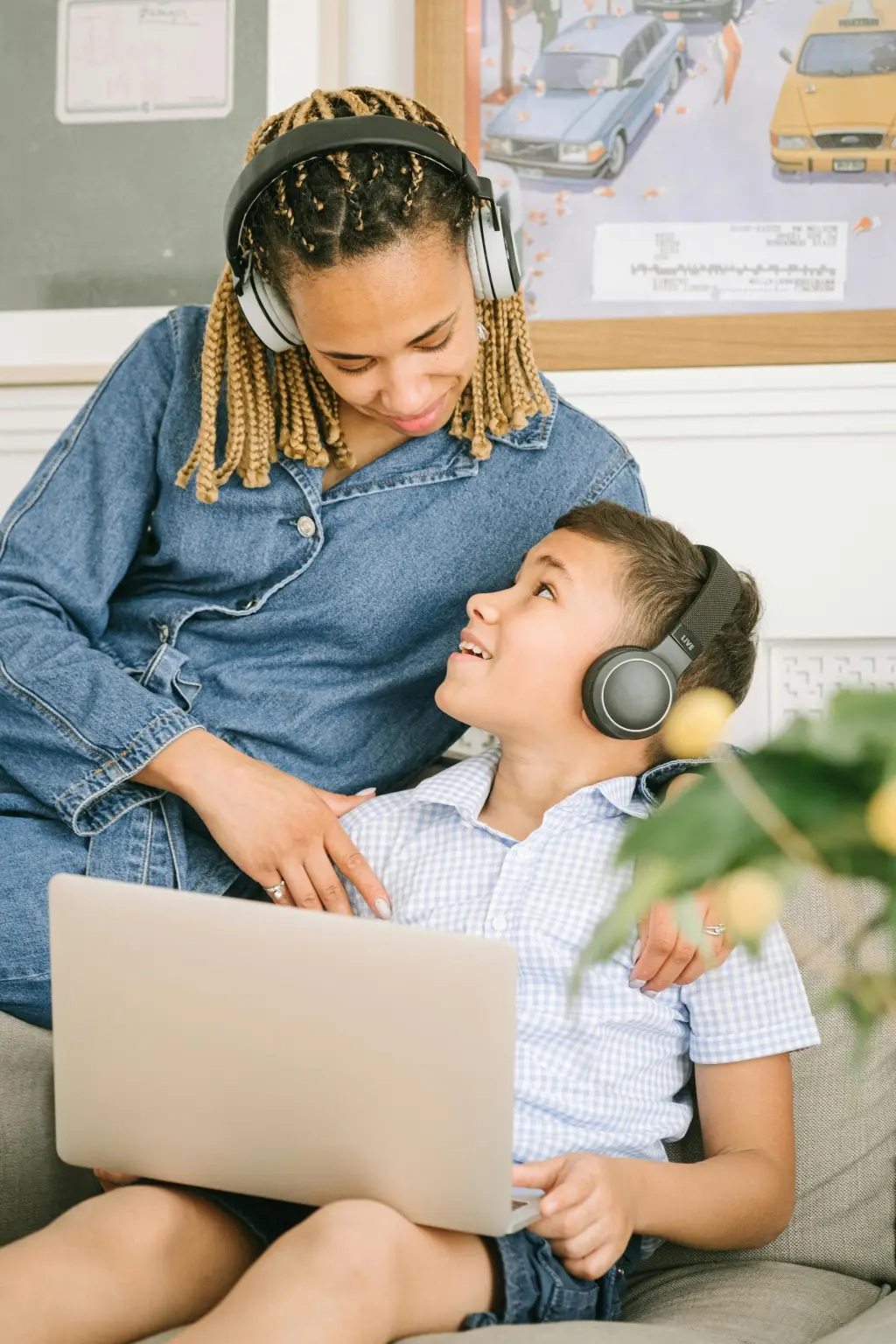Two key skills to support your child
Parenting is often described as both the most rewarding and most difficult job many will ever experience. Kids face their own challenges, especially when dealing with difficult emotions.
How can parents support their children through episodes of anger, sadness, or anxiety brought on by school, sibling dynamics, or daily life? Whether you’re raising a young child, a pre-teen (ages 8 to 12), or a teenager, two key skills can be helpful for both you and your child: validation and coping.
The power of validation
Validation teaches children that it’s okay to feel and express their emotions. “When parents validate their children’s feelings, they affirm that it’s normal to experience emotions and they shouldn’t be suppressed,” explains Dr. Chase Samsel of the Department of Psychiatry and Behavioral Sciences at Harvard-affiliated Boston Children’s Hospital. “It shows kids that their feelings are understood and acknowledged, helping to build trust. This support makes children more open to discussing potential solutions.”
Start by recognizing their emotions
You can begin by acknowledging their feelings with statements like, “It sounds like you’re feeling frustrated or upset,” or “It seems like you’ve had a rough day.”
But which emotion is your child actually experiencing? “Sometimes, it can be tricky for parents to pinpoint the true emotion their child is dealing with,” says Dr. Samsel. “Children often react emotionally without fully understanding or explaining what’s bothering them, and they may even display multiple emotions at once.”
In many cases, especially with teenagers, an emotion like anger might mask deeper feelings like fear, anxiety, or sadness. “In these moments, simply recognizing that they’re going through something challenging can be enough,” Dr. Samsel advises.
Consistent validation is key
At first, your child may not respond to validation — they might not want to talk or may brush off your concern. But over time, practicing validation can yield positive results.
“Regularly validating their emotions helps them become more comfortable expressing themselves,” says Dr. Samsel. “Once they realize their parents are open to listening without judgment, they’ll be more willing to share their feelings.”
Creating a toolbox of coping skills
Coping strategies give parents tools to help their children manage emotional struggles.
Try breathing exercises together
Breathing techniques are effective and easy to learn. Dr. Samsel suggests trying three-part breathing, ujjayi breathing, or belly breathing.
Other coping techniques include guided meditation, visualization, squeezing a stress ball, going for a walk or playing outside, and reading together — particularly for younger children.
“Sometimes, simply allowing children to have alone time or ‘take space’ can be effective,” adds Dr. Samsel.
Parents should use coping skills too
It’s important for parents to practice coping techniques for their own emotional regulation, says Dr. Samsel. Not only does this help parents stay calm, but it also shows children that these tools can benefit everyone.
For example, share with your children when you’re feeling frustrated and tell them you plan to take a walk or do a breathing exercise to calm down. Later, talk about how these strategies helped you work through your feelings.
“Children observe their parents closely and often mirror their behavior,” says Dr. Samsel. “When they see you handling your emotions constructively, they are more likely to follow suit.”
Stay adaptable
Avoid forcing older kids to use a specific coping mechanism, even when the situation seems to call for it. That approach could feel like a punishment and may lead to resistance.
Instead, Dr. Samsel recommends introducing a variety of coping techniques and allowing your child to choose what works best for them. “Children may need to experiment with different approaches before they find one they feel comfortable with and that is effective,” he says.








